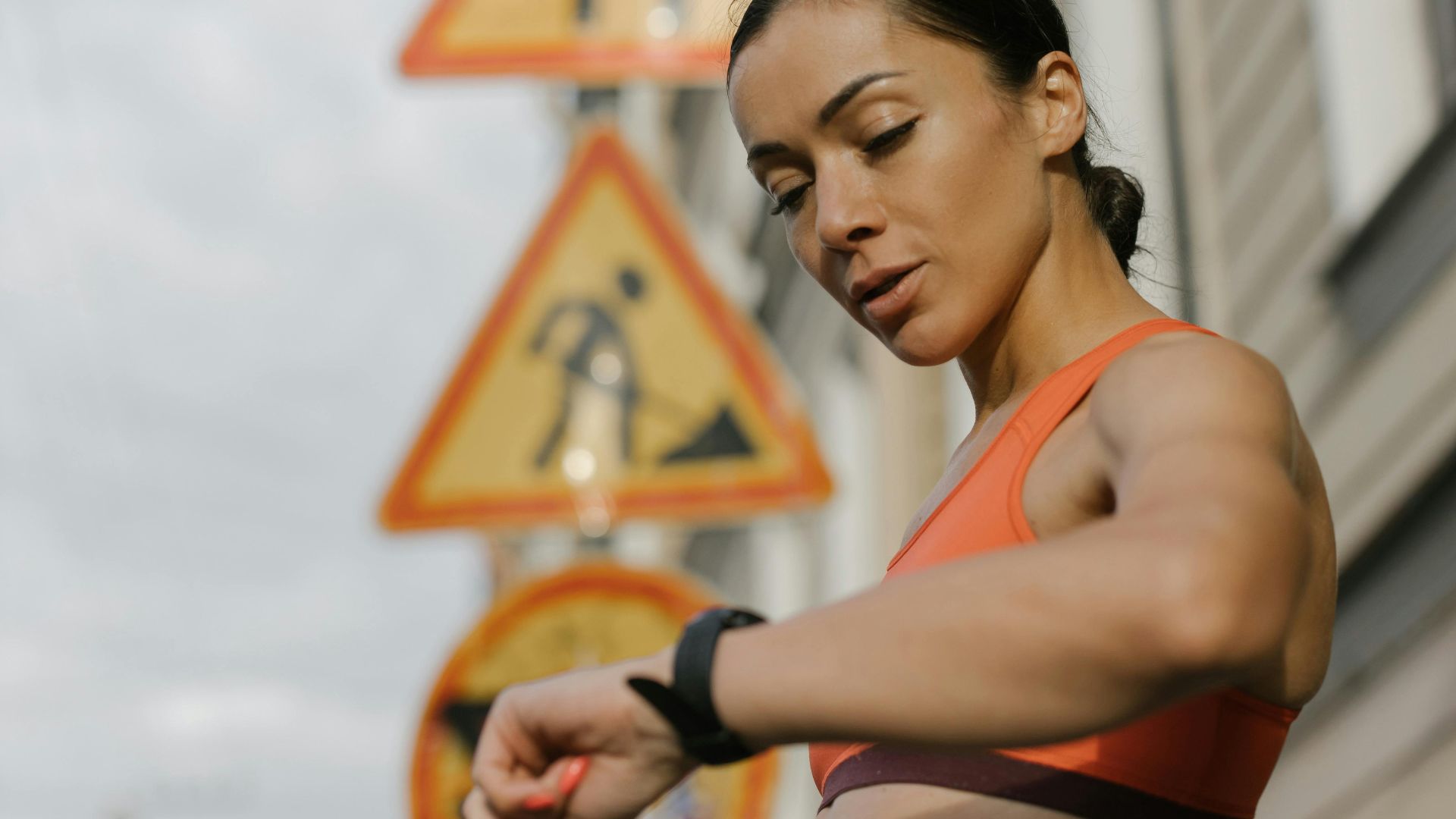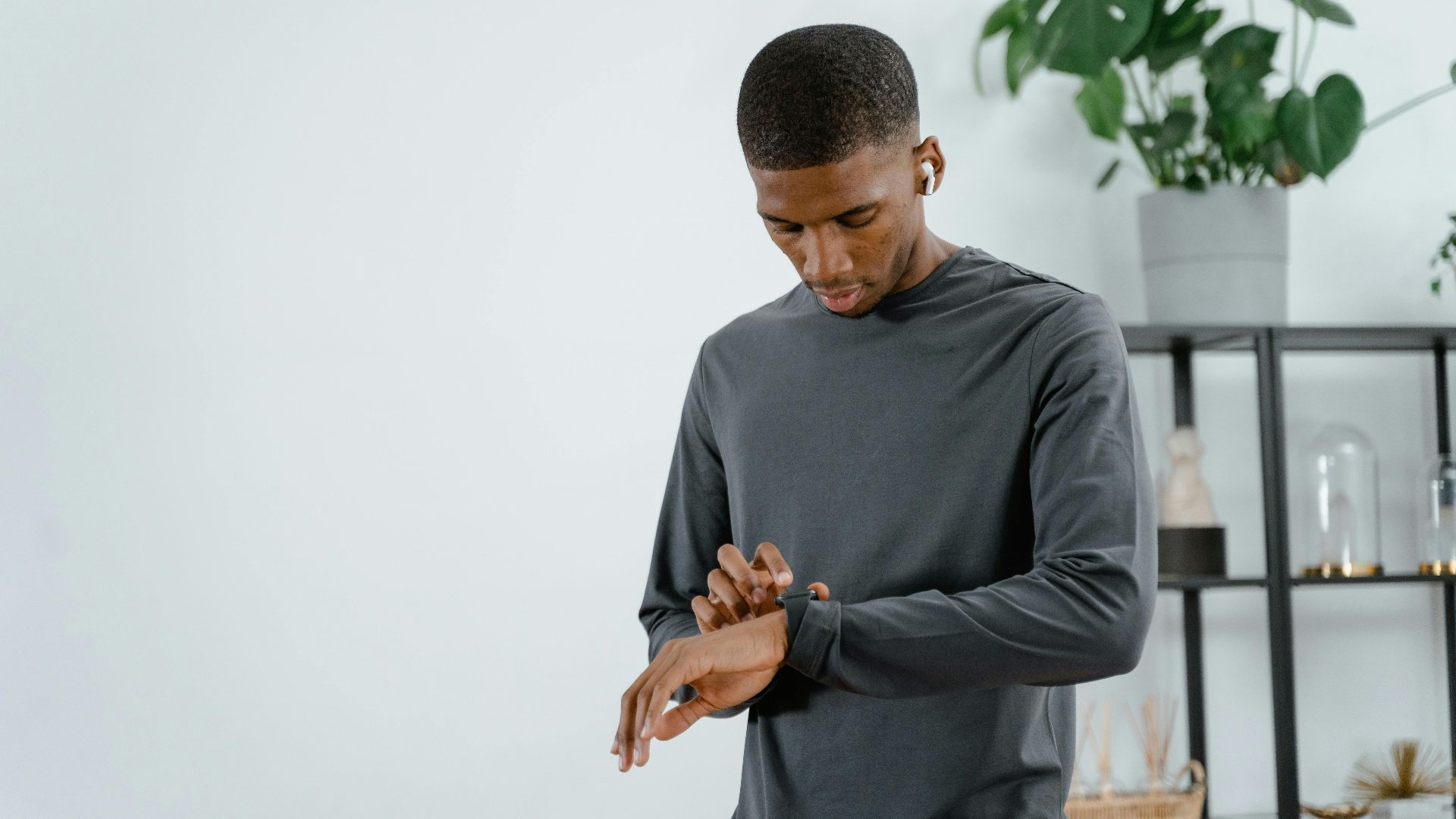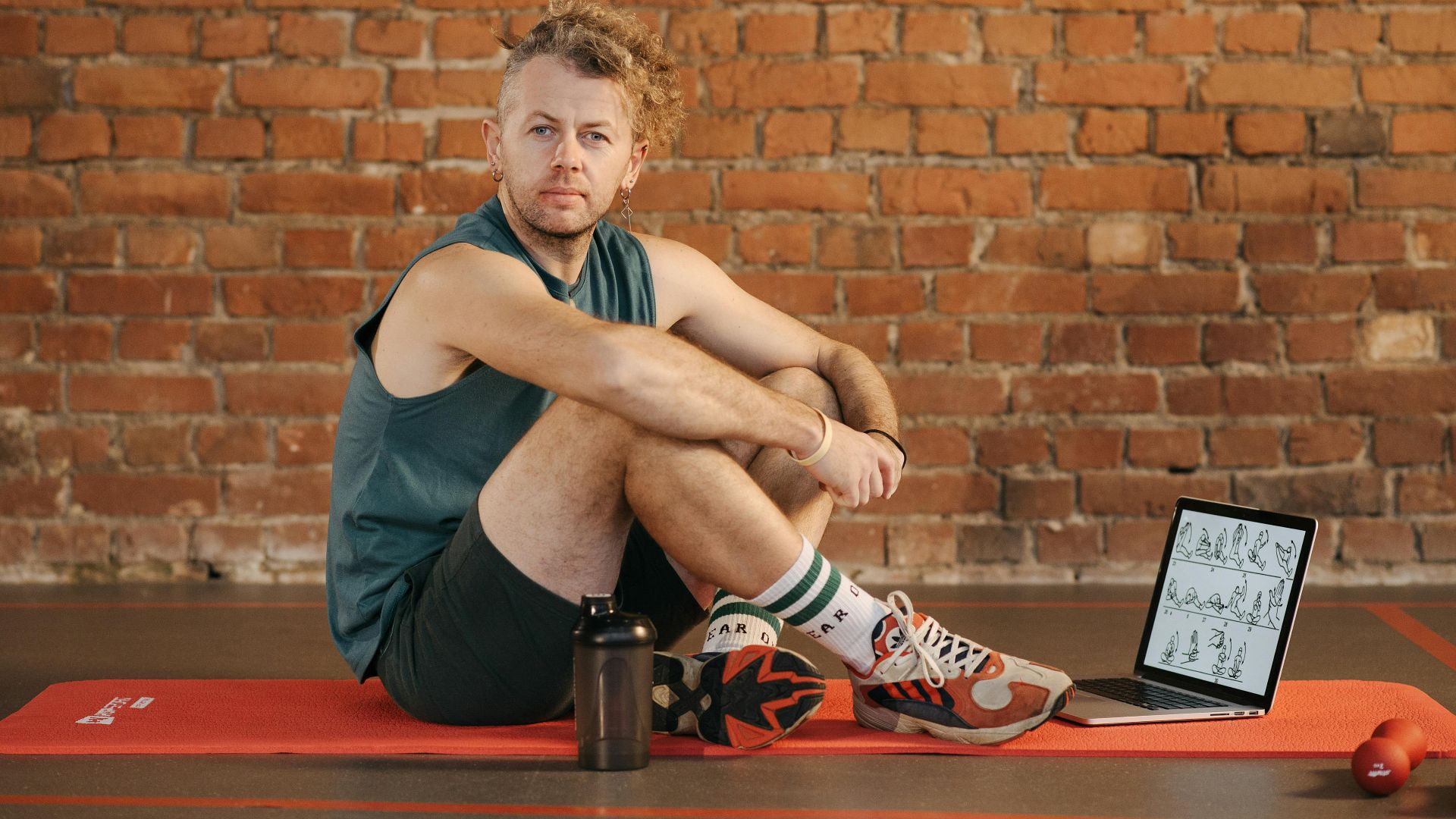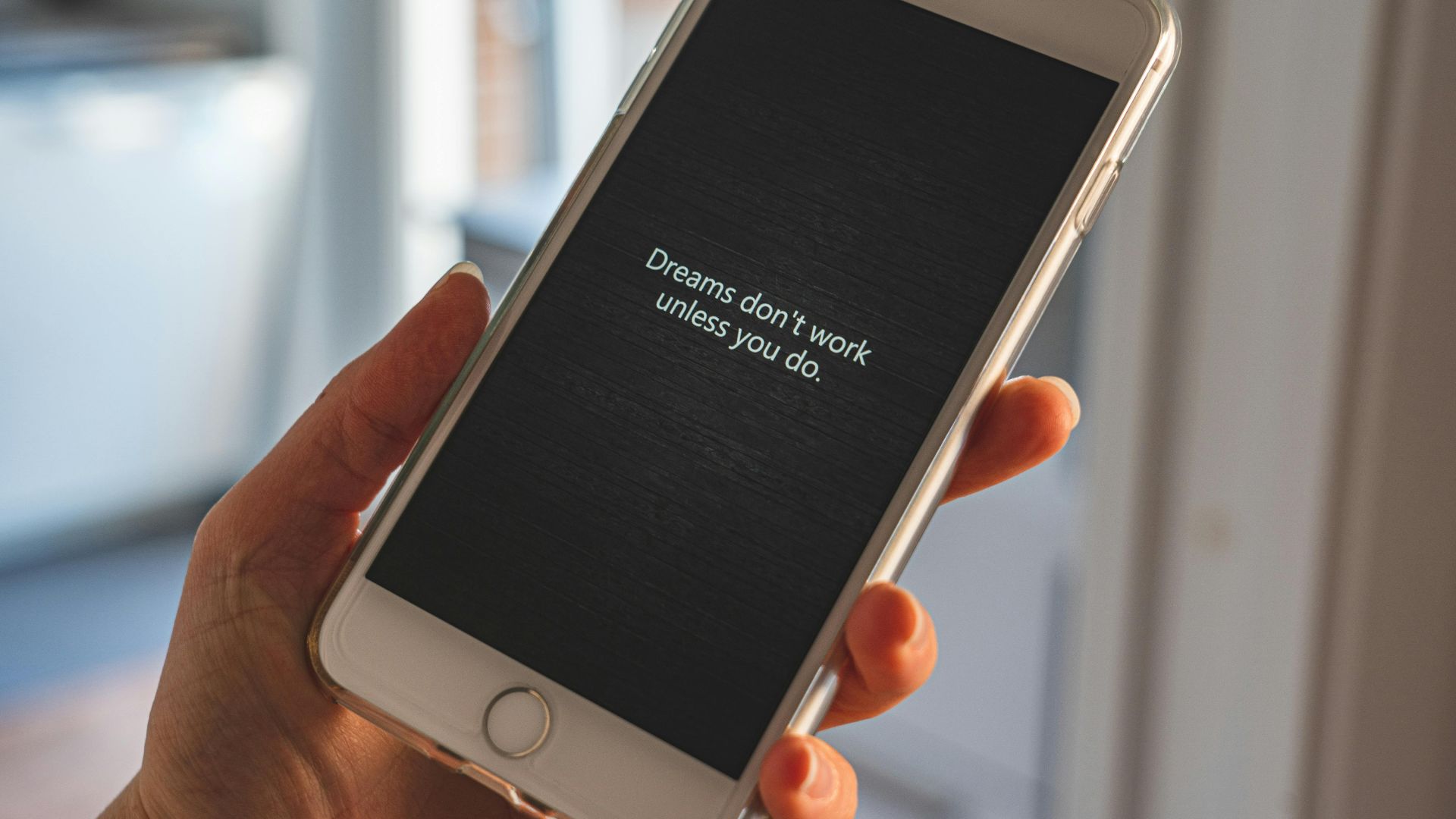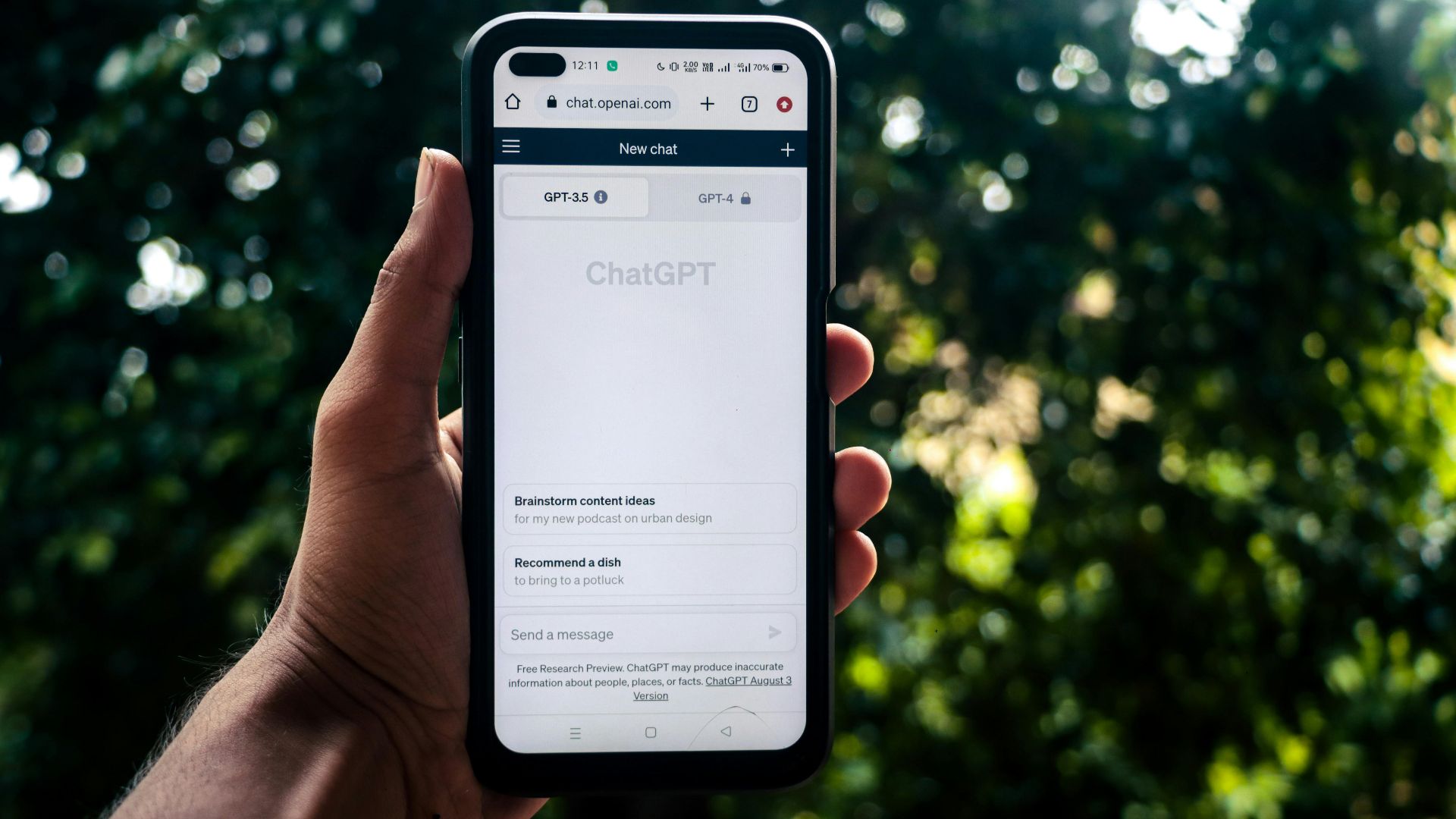Your Digital Wellness Buddy
Wellness advice is everywhere—apps, podcasts, strangers on the internet telling you to oil-pull at sunrise. It’s hard to know what actually helps and what’s just another thing to add to your already-packed list. That’s where AI can make a real difference. Not in a sci-fi robot therapist kind of way, but in small, practical ways that actually fit into your real life. So, here are 20 ways AI can quietly and efficiently help you out.
1. Track Stress With AI Wearables
AI-powered wearables are getting eerily good at reading the signs. By measuring electrodermal activity alongside heart rate variability, they catch subtle shifts that suggest stress is creeping in. You might even get a gentle buzz reminding you to pause and breathe.
2. AI Meditation Plans
Calm and Headspace now use AI to tailor meditation sessions to your emotional state. These custom plans adapt in real time, adjusting content based on how you’ve felt lately. Newer tools take it a step further, layering mood-adaptive soundscapes that shift with how you're feeling in the moment.
3. Smart Sleep Tools
Sleep tech has come a long way from basic alarms. Today’s AI-powered tools track your movement, breathing, and REM cycles to paint a detailed picture of your rest. From there, AI adjusts your sleep environment in real time, fine-tuning lighting or sounds for optimal comfort.
 Nokia / Withings Sleep Review- Smart Sleep Tracker by Lon.TV
Nokia / Withings Sleep Review- Smart Sleep Tracker by Lon.TV
4. AI Nutrition Apps
AI-powered apps like Nutrino and MyFitnessPal tailor nutrition plans using your preferences, allergies, fitness goals, and even biometric data. Moreover, with photo-based food tracking, you can snap a picture and let image recognition do the rest.
 I Tried Both MacroFactor & MyFitnessPal: Which Is Better? by FeastGood
I Tried Both MacroFactor & MyFitnessPal: Which Is Better? by FeastGood
5. Voice Stress Detection
AI now picks up on the pitch in your voice and your pauses to detect emotional strain. With up to 90% accuracy, this tech integrates seamlessly into therapy platforms and HR systems, making sure your wellness speaks loud and clear.
6. AI Fitness Coaching
Your workout doesn’t need guesswork when an AI coach has your back. Platforms like Freeletics read your energy levels and shift routines without missing a beat. Lastly, smart wearables count reps and keep tabs on your heart rate mid-move.
 FreeleticsWorkout App Reviews - Freeletics APP by 60 Seconds To Fitness
FreeleticsWorkout App Reviews - Freeletics APP by 60 Seconds To Fitness
7. Monitor HRV For Recovery
AI can help decode your body’s signals through Heart Rate Variability (HRV). By tracking daily HRV patterns, smart tools like WHOOP or Elite HRV reveal if your nervous system is in recovery mode or running on fumes.
 31 Days with the WHOOP! by NothingButTech
31 Days with the WHOOP! by NothingButTech
8. Mood-Based Workouts
One glance at your smartwatch, and AI already knows you’re riding a happiness high, so it lines up a sweaty HIIT blast like it’s your birthday. On tense days, it flips the script with yoga or a chill stroll, with no convincing needed.
9. AI Journaling Tools
AI-powered journaling apps transform self-reflection into a guided experience. It uses predictive text, which helps users articulate complex emotions more easily. Over time, weekly summaries roll in with visual mood charts, offering a snapshot of emotional trends.
 Make an AI powered Journal App in 8 hours. (Failed) by Christian Yang
Make an AI powered Journal App in 8 hours. (Failed) by Christian Yang
10. Virtual AI Therapy
Virtual AI therapy steps in as a steady companion when licensed help isn’t always within reach. The AI listens—closely—and adapts its tone and prompts based on the user’s language and emotional cues. It doesn’t replace human care, but it fills the quiet spaces between sessions.
11. Smart Mirrors For Skin
AI-powered mirrors like HiMirror scans your face for wrinkles, pores, and hydration levels using advanced lighting and image analysis. They track changes over time, recommend personalized skincare routines, and sync with product databases for tailored solutions.
 $300 SMART MAKEUP MIRROR?! by Milabu
$300 SMART MAKEUP MIRROR?! by Milabu
12. Smart Lighting For Mood
Your lights now know when you need to chill, as AI reads the room and shifts brightness based on your routine and the time of day. Some setups catch your mood and swap in a calming glow without a word. All of it works behind the scenes to support your natural circadian rhythm.
 Philips Hue: A Smart Lighting System for All Your Home Needs by Philips Hue
Philips Hue: A Smart Lighting System for All Your Home Needs by Philips Hue
13. AI Breathing Prompts
Before you even notice that shallow breathing, your Apple Watch or Spire quietly jumps into action. It taps your wrist, sends a gentle prompt, and sets the pace—slowing your breath based on real-time heart rate. Use it often, and those mindfulness muscles get stronger.
 Airofit The World's First Smart Breathing Trainer? by ALEXEI KUZNIETSOV
Airofit The World's First Smart Breathing Trainer? by ALEXEI KUZNIETSOV
14. Motivational Nudges
Right when you're about to skip that workout or reach for something greasy, AI slides in with a perfectly timed nudge. It has studied your habits, figured out when you’re most likely to listen, and drops encouragement with the precision of a life coach in your pocket.
15. Optimize Supplements
Forget guessing which vitamins to take—AI handles the lineup for you. Each month, the plan adjusts, tracking your progress through biomarkers and how you're feeling. No more one-size-fits-all bottles, just a constantly evolving supplement strategy that actually keeps up with you.
16. Chatbots For Mindfulness
AI chatbots deliver short, guided mindfulness sessions through apps and messaging platforms, ideal for quick breaks during stressful days. They adjust based on your current tension level, offering personalized breathing or grounding exercises.
17. AI Music For Relaxation
Many AI-powered tools like Endel craft personalized soundscapes that adapt in real time. They adjust tempo, rhythm, and key based on your brainwaves, heart rate, and activity level to promote calm. As your emotions shift, the music shifts, too.
 Endel App: Worth it? by Tool Finder
Endel App: Worth it? by Tool Finder
18. Posture Feedback Tools
AI posture tools track your alignment in actual time, sending instant alerts when you start to slump. With gamified features and daily consistency boosts, these tools easily turn posture awareness into an easy, lasting habit.
19. Migraine Prediction
Cloudy skies, skipped meals, restless sleep—AI sees the pattern before your head does. Many AI tools track triggers across weather, diet, and rest, sending early alerts for proactive relief. Over time, the system refines itself, reducing flare-ups through deeply personalized predictions.
20. AI For Gut Health
Your gut talks, and AI listens. Smart toilets and microbiome kits decode stool data to assess bacterial balance and spot potential red flags like inflammation or food intolerances. Paired with symptom trackers and food logs, these tools generate personalized diet plans based on microbiome trends.
KEEP ON READING



